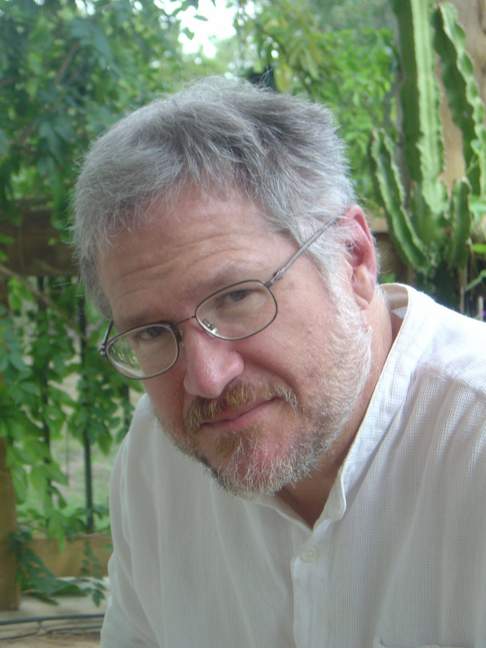MATC graduate Meghalee Das was awarded the Outstanding Instructor Award in First-Year Composition in the category of 1st Year Ph.D. Instructor by Texas Tech University’s Department of English. Meghalee is enrolled in the PhD in Technical Communication and Rhetoric Program at Texas Tech.
Rob Tally’s article “The Aesthetics of Distance: Space, Ideology, and Critique in the Study of World Literature” appears in the Journal of English Language and Literature.
Susan Morrison’s short story “FaceTimes” was published in Tejascovido:https://www.tejascovido.com/blog/facetimes. Susan was interviewed about the history of toilet paper for History.com: https://www.history.com/news/toilet-paper-hygiene-ancient-rome-china
On April 6, Nine Mile Books published Cyrus Cassells’ chapbook, More Than Watchmen at Daybreak. It’s available from Nine Mile Books (http://www.ninemile.org/) and Small Press Distribution (https://www.spdbooks.org/…/more-than-watchmen-at-daybreak.a…). Cyrus also recently published two new politically-inspired: “Quid Pro Quo (Two Baritones on a Phone)”
in The Southampton Review(on pp. 134-135) available to download for free:
https://www.thesouthamptonreview.com/subscribe/sf2020-digital-download; and “The Only Way To Fight The Plague Is Decency” in this On The Seawall: A Community Gathering of Writing and Commentary: www.ronslate.com
Passages Northjust published MFA fiction student Ben McCormick’s “The Storms I’ve Been Before a Hurricane.”
Lagos Reviewpublished first-year fiction student Nkiacha Atemnkeng’s obituary essay, https://thelagosreview.ng/obituary-adieu-manu-dibango-nkiacha-atemnkeng/ about the death of Africa’s greatest saxophonist, Manu Dibango, the first high-profile musician to die of Covid-19.
Katie Kapurch’s “The Paul McCartney Song We Need Right Now,” which addresses this coronavirus moment, has become “the most popular post ever published” on CultureSonar, according to their statistics. You can read it here: https://www.culturesonar.com/the-paul-mccartney-song-we-need-right-now/?fbclid=IwAR2tMHbKBeyNmfQjEzjWUvm4Gp8PWZSx9UmtaU3ApGqr7WAxonCKtx1QaFY
Caleb Ajinomoh’s story “Rites Evasion Maneuvers” has been shortlisted for the 2020 Commonwealth Short Story Prize. The story was selected out of 5107 entries from five continents. Caleb is a first year MFA fiction candidate.
TA and third-year MFA fiction student Ryan Lopez has recently had two stories accepted for publication. “Return Flight” will be published in Lunate on May 25 and “The Solving of Climate Change” will be published sometime this fall in Abstract Magazine.
Lecturer Vanessa Couto Johnson has a poem–“mote”–in Across the Social Distances, an online journal for poems addressing the current crisis: https://acrossthesocialdistances.tumblr.com/post/615384149719678976/mote-by-vanessa-couto-johnson She also has another poem, “Self-Portrait of an INTJ reunited with inner-resilient-child in late March 2020,” in TEJASCOVIDO: https://www.tejascovido.com/blog/self-portrait-of-an-intj-reunited-with-inner-resilient-child-in-late-march-2020?fbclid=IwAR3HbsAZFNibrKJ7qSub5XkyVn3xTS0ANyQIxEHRZRoBG6X40syD8FwM46M
Allison Grace Myers’ essay “These Thin Green Hints,” about waiting to adopt, has been published by Gulf Coast Journal:
https://gulfcoastmag.org/online/winter/spring-2020/these-thin-green-hints-20/
“Dodgeball Days,” a poem by MFA poetry student Asa Johnson, appears in the Winter/Spring 2020 issue of Light.
Jo McIntosh, who earned her MA Literature degree at Texas State and now teaches at Concordia University (Austin), has been accepted and now funded for five years while she pursues her PhD in English at the University of Houston. To support her studies, Concordia is developinga package to put her on advancement in rank and give her a raise for a second car, gas, and books.
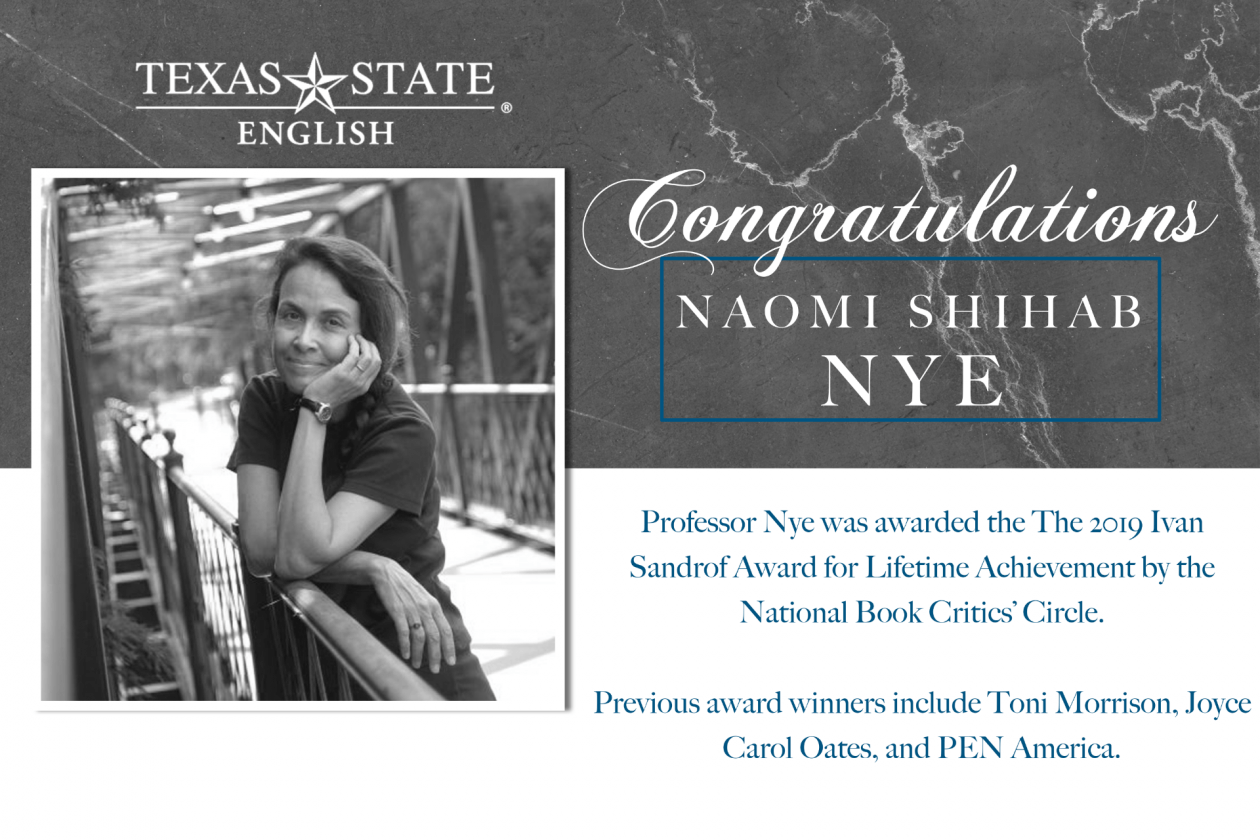
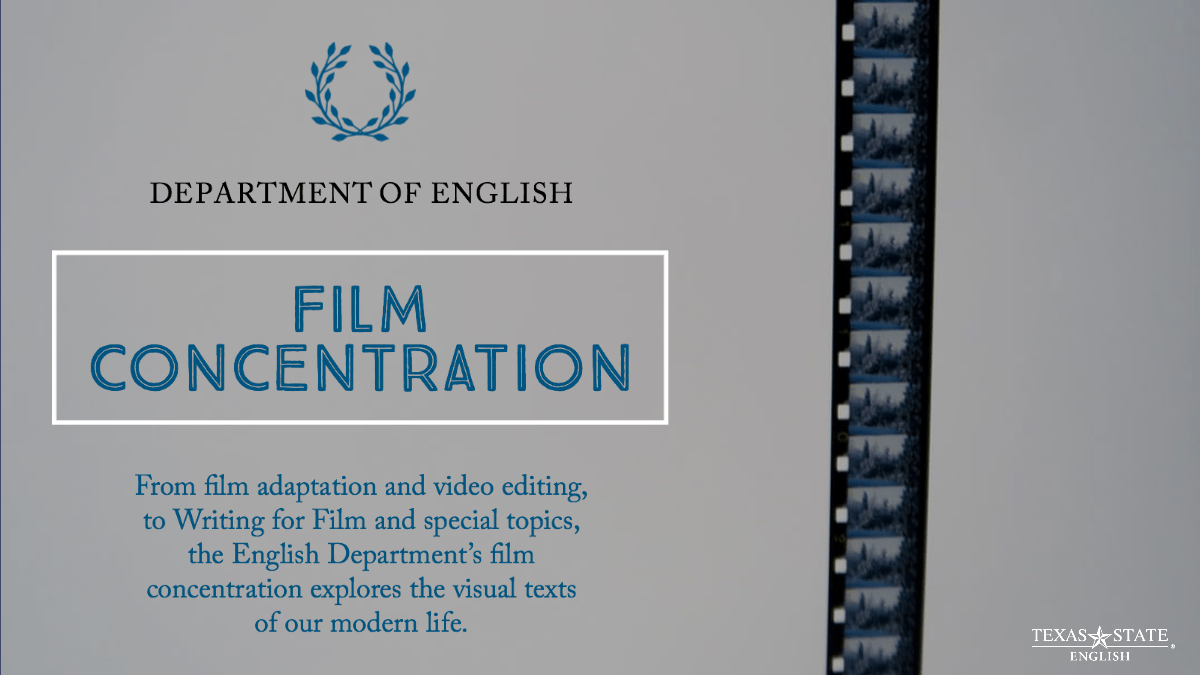
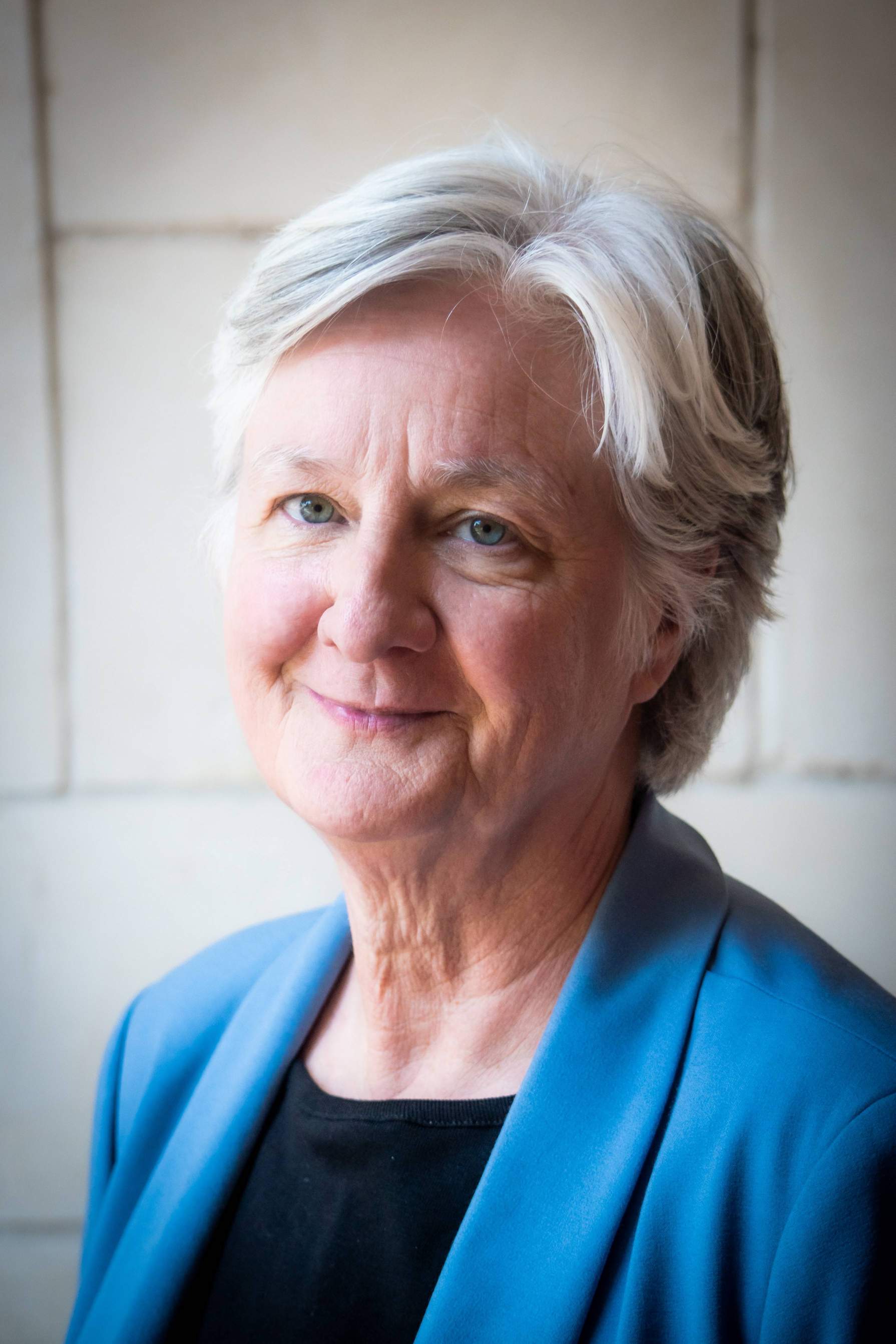
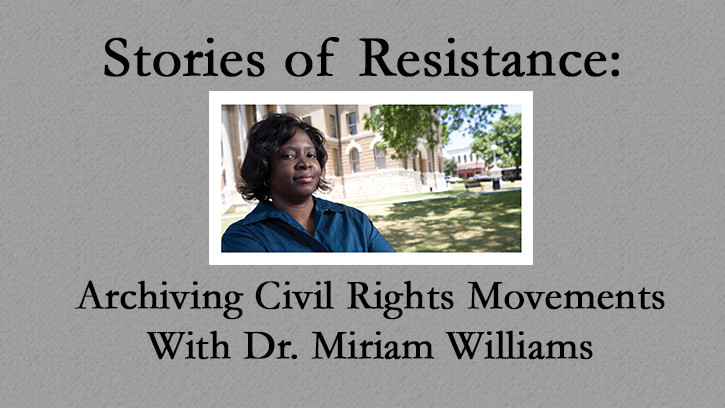
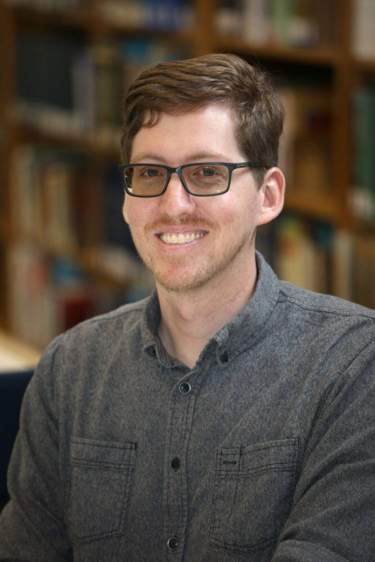 James Reeves
James Reeves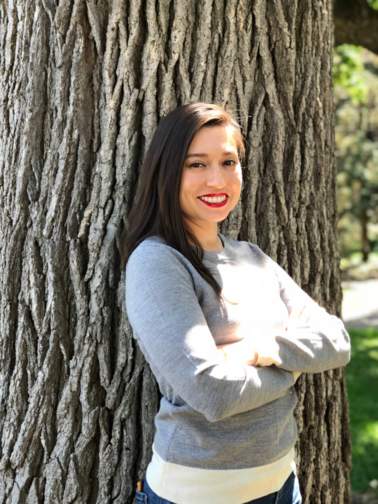 Sara Ramírez
Sara Ramírez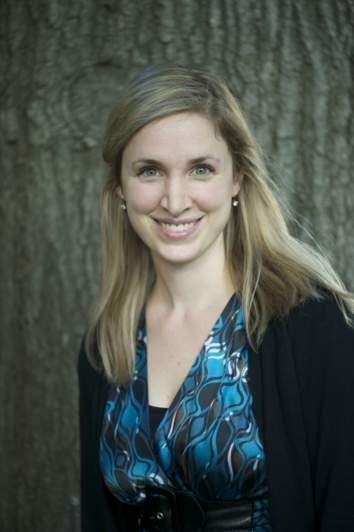 Julie McCormick Weng
Julie McCormick Weng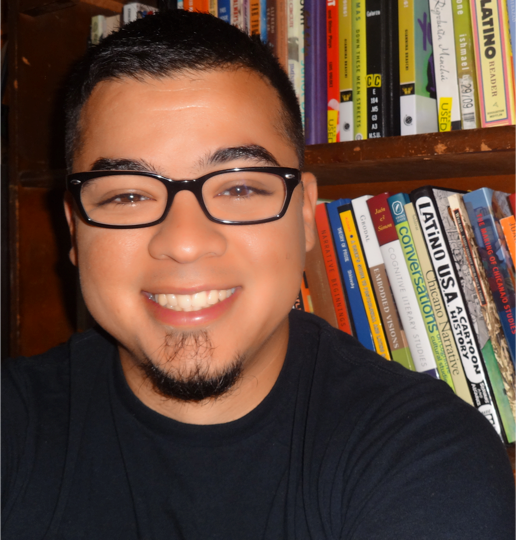 Samuel Saldivar
Samuel Saldivar